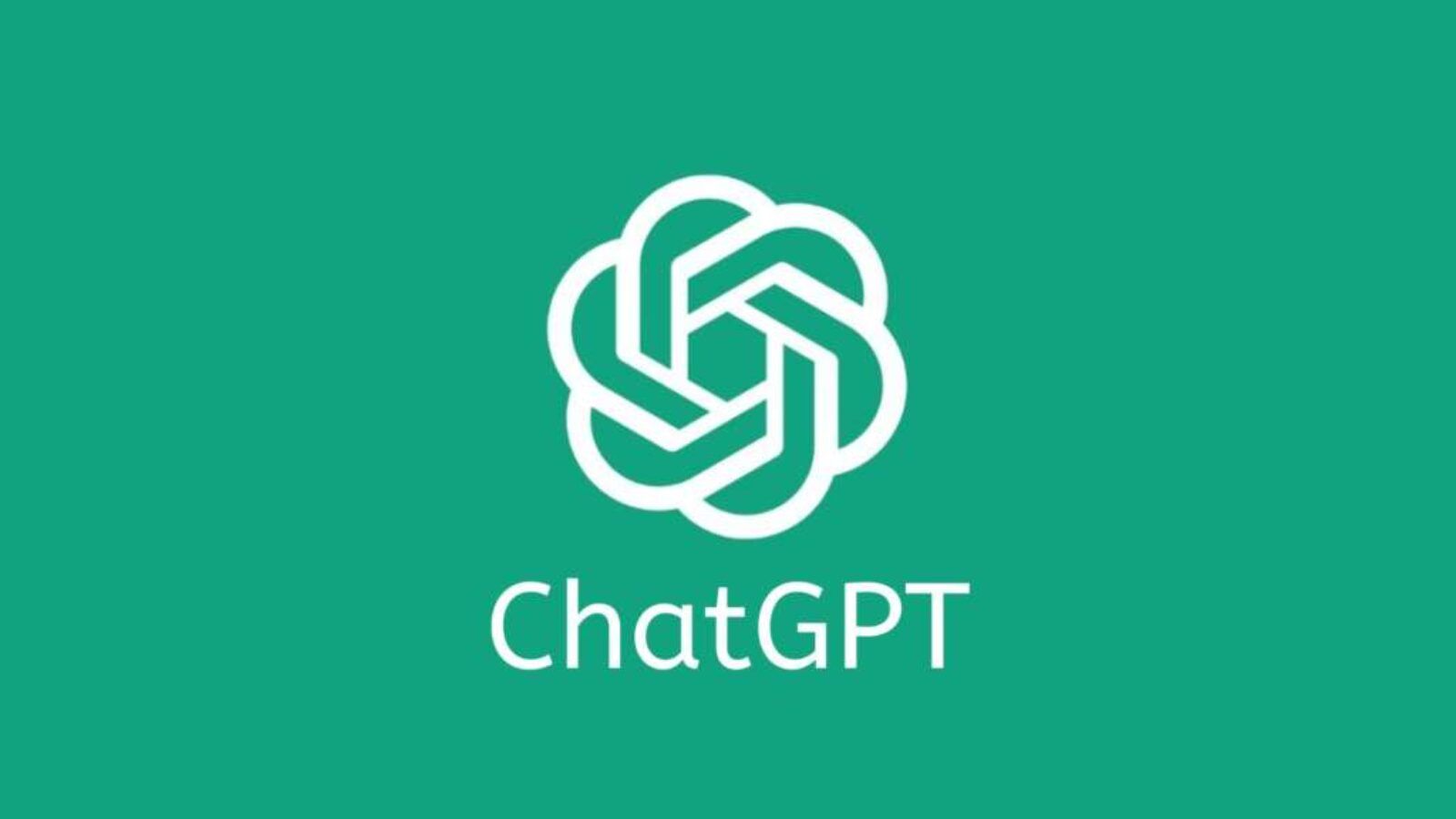Introduction
OpenAI chat moderation scans conversations and may report users to police when there is an imminent threat, raising questions on privacy, transparency and safety.
Definition
OpenAI chat moderation means automated and human review of messages to detect plans of harm and escalate serious cases.
Context
Over the past year, chatbots have been linked to self-harm, hospitalization and other harms. OpenAI acknowledged failures amid user crises and disclosed that it routes worrying chats to human reviewers and may report imminent threats to law enforcement. The announcement coincides with legal disputes over chat logs, where the company has defended user privacy while also admitting limits to confidentiality.
OpenAI chat moderation: what changed
OpenAI says that when it detects users planning to harm others, conversations enter specialized pipelines reviewed by a trained team that can ban accounts and, if necessary, refer imminent threats to police. The company also stated it currently does not refer self-harm cases to law enforcement to protect privacy.
The problem
The public statement is terse and leaves unclear which exactly triggered conversations are escalated, and how automated detection differentiates between threats and other content. The distinction between not reporting self-harm and reporting threats to others creates ambiguity, and sits uneasily with the firm's previous privacy stance in litigation over chat data.
Implications and limits
Key implications include the risk of police wellness checks that may harm those in crisis, the need for transparent triage criteria, and potential contradictions with legal arguments about data access. OpenAI's CEO has acknowledged chats lack the confidentiality of professional therapy or legal advice.
Approach
The blog post signals a heavier moderation approach but lacks operational detail; recommended next steps are clearer public criteria, independent oversight of review practices, and safeguards to reduce false positives while protecting vulnerable users.
Conclusion
OpenAI's moderation update responds to real safety concerns but introduces privacy and transparency challenges. Clearer rules and stronger accountability are necessary to balance user protection and rights.
FAQ
OpenAI chat moderation is the combined automated and human process used to detect threats and escalate serious cases
- Why would OpenAI report chats to police?
If human reviewers determine there's an imminent threat of serious physical harm to others - Does OpenAI report self-harm cases to police?
The company stated it currently does not refer self-harm cases to law enforcement to respect privacy - What are the main risks of this policy?
Potential harmful police interventions, unclear escalation criteria, and tensions with privacy claims in litigation - How does OpenAI detect dangerous chats?
The company uses automated scans and routes flagged content to a small trained team for human review - What should happen next?
Publish precise criteria for escalation, add oversight, and reduce false positives to protect vulnerable users
